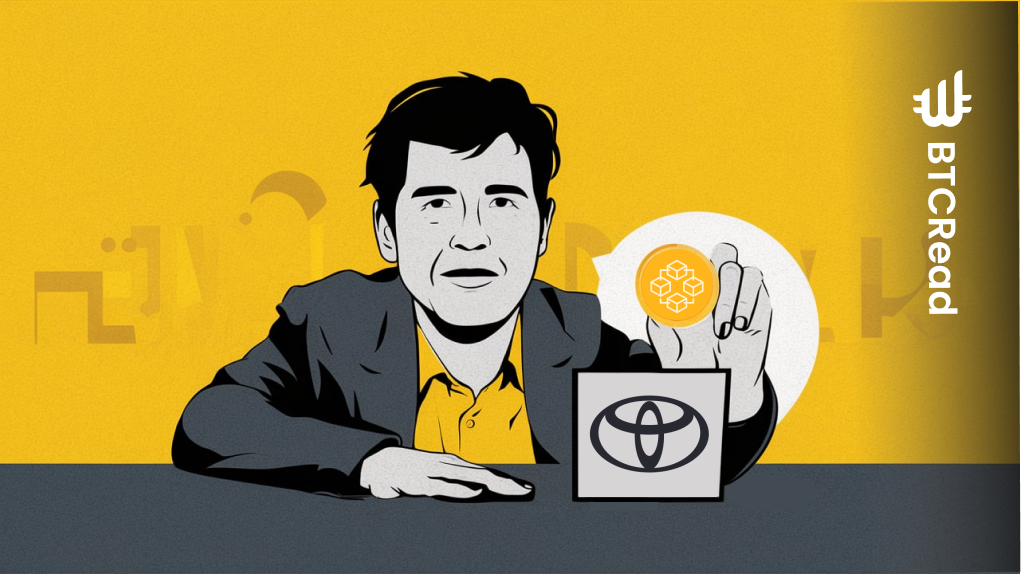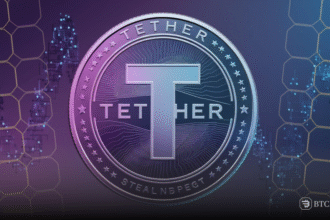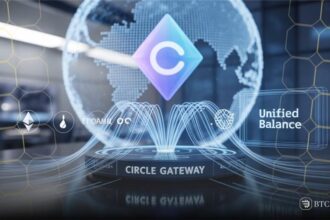Toyota Blockchain Lab is heading toward a new frontier in automotive technology, proposing Mobility-Oriented Accounts (MOAs) based on Ethereum’s ERC-4337 standard. This aims to revolutionize how vehicles interact with blockchain technology, ensuring account retention even if private keys are lost.
The proposal, released July 19, outlines Toyota’s vision for integrating mobility with public blockchains. It builds on the company’s “Mobility 3.0” concept, announced in April 2023, which seeks to merge mobility with social systems.

Toyota’s MOA design employs Account Abstraction to separate authentication from key management, tackling the security flaws found in traditional blockchain accounts used for vehicles. In this context, the loss of a private key could lead to the entire account being compromised.
The MOA system offers enhanced account management flexibility and transparent tracking of vehicle data like usage history and maintenance records. It also introduces multi-entity approval for car-related transactions involving various stakeholders, including users, owners, manufacturers, and administrative agencies.
Features and benefits of the Toyota MOA system
The MOA design stands out for its seamless integration with existing vehicle ID systems. By leveraging the CREATE2 opcode, it can establish fixed addresses pre-transaction, bridging the gap between traditional and blockchain-driven ID approaches.

Toyota has successfully implemented MOA contracts on the Ethereum mainnet, showcasing the project’s evolution from concept to execution. These contracts feature essential elements like signature validation and permission control, playing a vital role in the management of vehicle access and operations.
The automaker foresees MOAs opening up new avenues in car sharing and delivery services. Through the use of NFTs to link car access to MOAs, authorizations can seamlessly transition and be digitally overseen.

Related | Binance Labs invests in Pluto Studio’s GameFi platform







